When it comes to ensuring the safety and efficiency of your home’s heating and cooking systems, gas line installation is a critical aspect. Whether you're building a new home, remodeling, or simply upgrading your appliances, understanding the process of gas line installation near me is essential to making informed decisions. This guide will walk you through everything you need to know about gas line installation, from the basics to choosing the right contractor and maintaining your gas lines.
Everything You Need to Know About Gas Line Installation
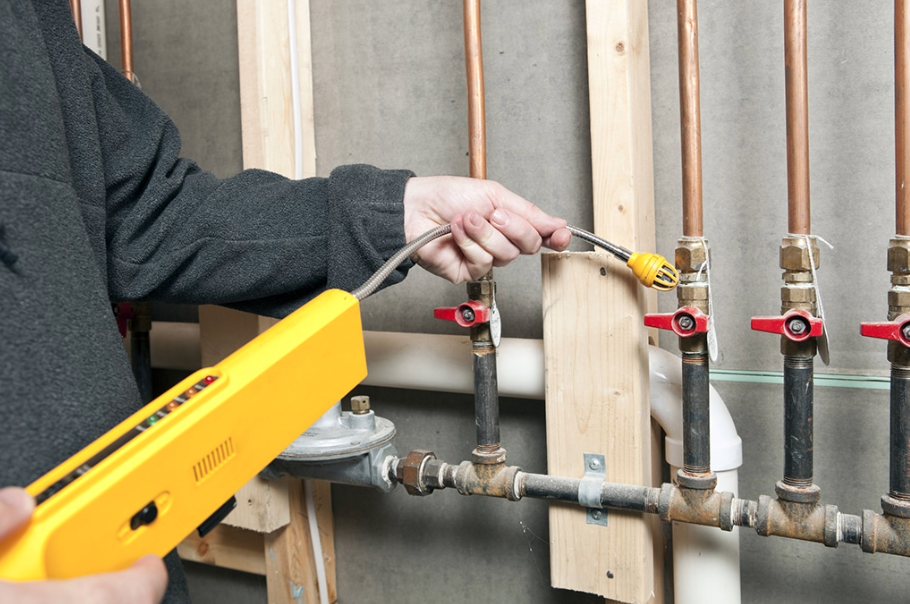
What is Gas Line Installation?
Gas line installation refers to the process of connecting your home’s gas supply to various appliances, including stoves, water heaters, furnaces, and even outdoor grills. This installation requires professional expertise to ensure the system is safe, properly sized, and compliant with local codes and regulations.
The primary goal of gas line installation is to provide a safe, reliable supply of natural gas to your appliances. A well-installed gas line ensures consistent fuel delivery, minimizes risks of leaks, and helps maintain the overall efficiency of your home.
Why You Need Professional Gas Line Installation
Installing or repairing a gas line is not a DIY job. It requires specialized knowledge and tools to ensure the system is safely connected and up to code. Here are a few key reasons why you should hire a professional for gas line installation near me:
- Safety: Incorrectly installed gas lines can lead to dangerous leaks, explosions, or carbon monoxide poisoning.
- Code Compliance: Gas line installation must adhere to local building codes and regulations. A professional ensures that the installation is done legally and safely.
- Expertise: Professionals can assess the specific needs of your home, ensuring the gas line is properly sized and installed to handle the required load.
Steps Involved in Gas Line Installation
The process of gas line installation typically involves the following steps:
1. Planning and Assessment
Before beginning any installation, a certified professional will assess the location where the gas line is to be installed. They will consider factors like the distance to appliances, the required gas pressure, and the layout of your home. A proper assessment helps determine the best route for the gas line and ensures that your system can handle the expected gas load.
2. Choosing the Right Materials
Gas lines are typically made of either steel, copper, or plastic. The material chosen depends on the specific needs of your home and the local codes. For example, steel is often used for outdoor lines, while copper or flexible plastic tubing may be used for indoor installations.
3. Excavation and Installation
In some cases, trenching or digging may be necessary to run the gas line underground. Once the route is clear, the technician will install the gas line, ensuring it is properly sealed and connected to your gas meter and appliances.
4. Testing the System
After installation, the system will be thoroughly tested for leaks. Professionals use specialized tools, like gas detectors, to check the entire gas line for any leaks. This step is essential for ensuring the safety of your home.
5. Final Inspection
Once the installation is complete and the system passes testing, a final inspection is often required by local authorities to ensure compliance with all regulations. The inspector will check the quality of the work and make sure that the installation is up to code.
Signs You Need Gas Line Installation or Repair
There are several situations where you may need gas line installation near me or repairs:
- Upgrading appliances: If you’re upgrading to new gas-powered appliances, you may need a new gas line installation.
- Low gas pressure: If you notice that your appliances are not operating at full efficiency, it could be a sign that your gas line is too small or damaged.
- Gas smell: A distinct smell of gas around your appliances or pipes is a major sign that your gas line may have a leak, requiring professional repair or replacement.
- Home renovation: If you're adding or changing the location of gas appliances, you may need new lines installed to accommodate the changes.
How Much Does Gas Line Installation Cost?
The cost of gas line installation can vary widely depending on several factors, such as the distance from the gas meter to your appliance, the type of materials used, and the complexity of the job. On average, homeowners can expect to pay between $300 and $1,000 for gas line installation.
Chart: Average Costs of Gas Line Installation
| Type of Service | Average Cost | Factors Influencing Cost |
|---|---|---|
| Basic Gas Line Installation | $300 - $600 | Short distances, minimal obstacles |
| Gas Line Installation with Excavation | $600 - $1,000 | Digging required, longer distances, complex routing |
| Gas Line Replacement | $500 - $1,500 | Older homes, safety upgrades, extensive repairs |
| Gas Line Repair | $150 - $500 | Minor repairs, fixing leaks |
| Gas Appliance Hook-Up | $100 - $300 | Adding gas connection to an appliance |
Tips for Choosing the Right Gas Line Installation Service
When searching for gas line installation near me, it’s crucial to select a contractor that is qualified, experienced, and reliable. Here are some tips to help you choose the right service:
- Check licenses and certifications: Make sure the contractor holds the necessary licenses and certifications to perform gas line work in your area.
- Look for experience: Choose a company with a proven track record in gas line installation. An experienced contractor will know how to handle the complexities of your home’s layout and meet all code requirements.
- Read reviews: Online reviews and testimonials can give you an idea of the contractor’s reliability, professionalism, and customer service.
- Get multiple quotes: Always ask for at least three quotes to compare pricing, services, and timelines before making a decision.
- Ensure insurance: A reputable contractor should have insurance to cover any accidents or damages that may occur during the installation process.
Maintenance Tips for Your Gas Line
After your gas line installation, regular maintenance is key to ensuring the system remains in good working order:
- Check for leaks: Regularly inspect your gas appliances and lines for leaks. If you smell gas or notice any hissing sounds, contact a professional immediately.
- Schedule inspections: Have a licensed professional inspect your gas lines every few years to ensure they are in safe and working condition.
- Avoid damage: Be cautious when digging around your gas lines, and avoid damaging the pipes with heavy equipment or sharp objects.
Conclusion
Gas line installation is a crucial service that requires professional expertise to ensure safety and efficiency in your home. Whether you're installing new gas appliances or repairing existing lines, working with qualified gas line installation near me professionals is essential to avoid the risks associated with faulty gas systems. By understanding the installation process, cost factors, and choosing the right service provider, you can ensure your gas line installation is done safely and efficiently.
By following the tips in this guide, you can make informed decisions about your gas line needs, ensuring long-term reliability and safety for your home.
Explore

Do You Know What Plaque Psoriasis Is? (Take A Look)
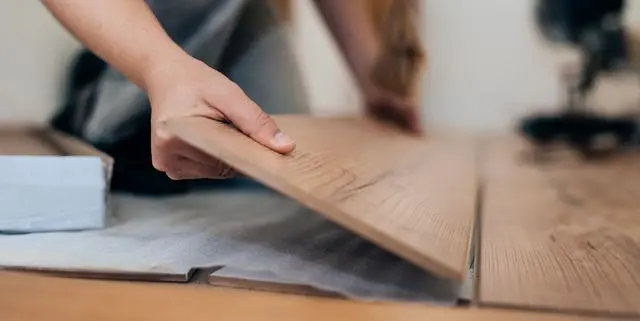
Finding the Best Laminate Flooring Installation Near You | 2025 Cost Guide
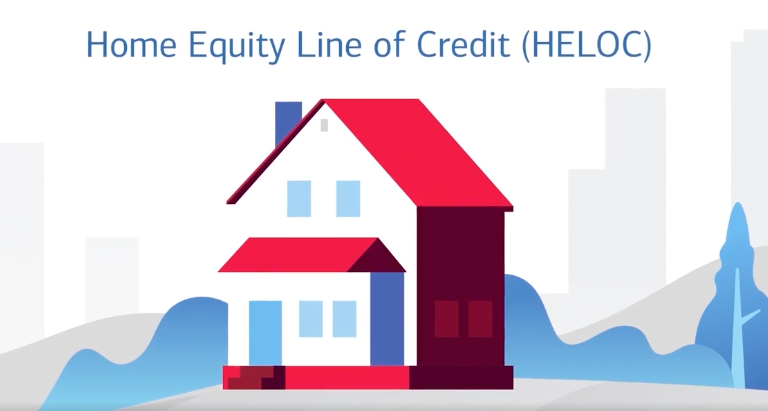
Explore the Best Home Equity Line of Credit (HELOC) Lenders of 2025
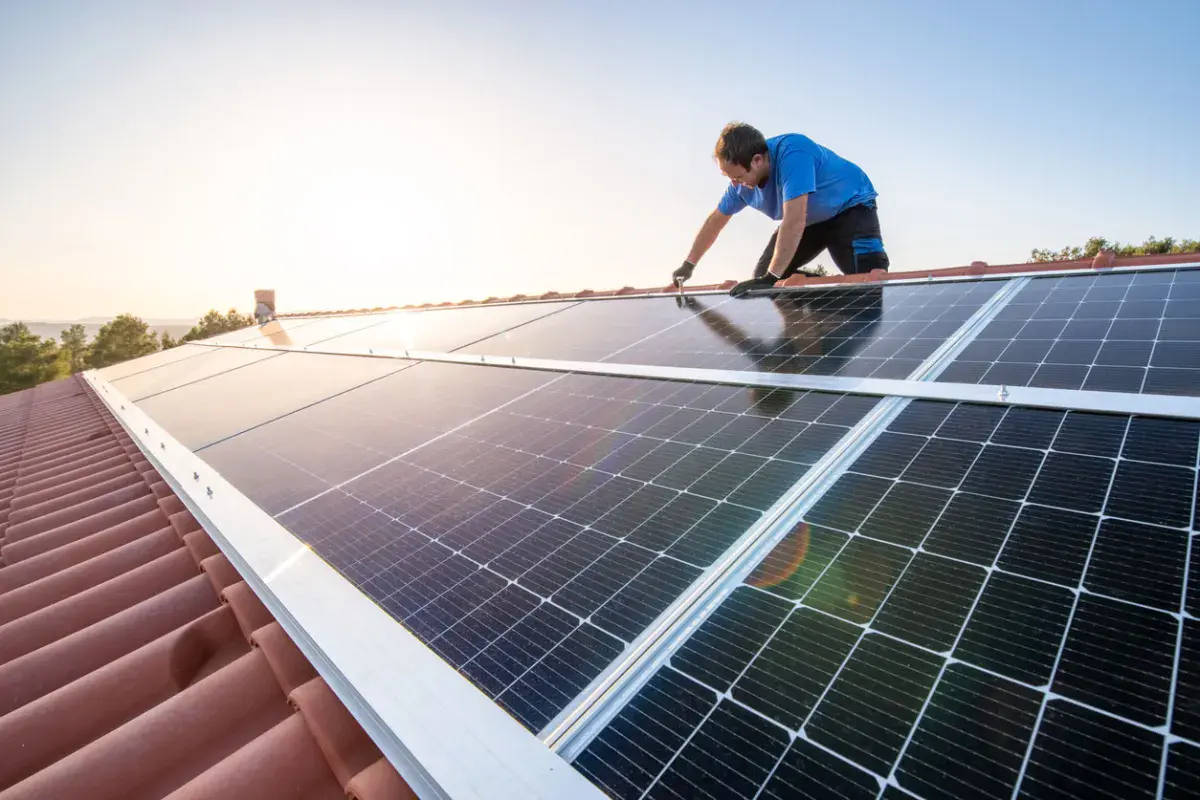
Best Home Solar Panel Installation Services 2024
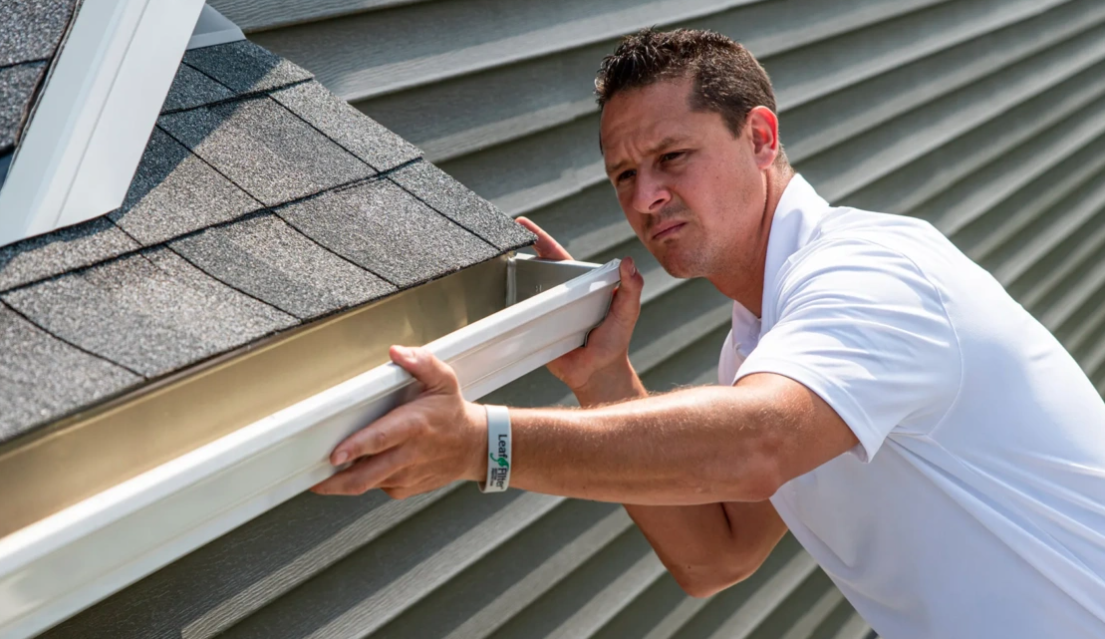
Discover Top Gutter Guard Installation Services in Your Area

Best Flooring Installation Contractors Near Me: Top Choices for Quality Work

Find a Dentist Near You for Dental Care
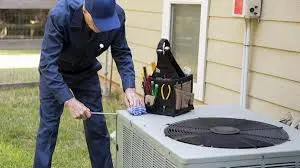
Find the Best HVAC Services Near You
